I have database tables which has custom index. When I run query for this table, I realised my table result doesn't returns values as indexed.
Here is my User table - I have an index for CreateDate in the User table:

When I run this query
SELECT [Id], [IsDeleted], [Login], [CreateDate], [DeleteDate]
FROM [Users]
I'm getting output like this :

As you see result don't sorted with createdate.
But however when i try to use this query SELECT [Id],[CreateDate] FROM [Users]
I'm getting sorted output:

Is it normal to give query output like this (didn't sorted with index)? Is it effects performance in any case ?